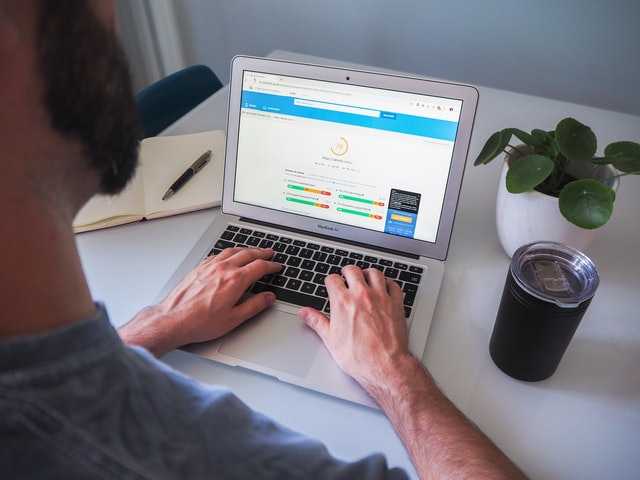"I feel powerless; all I can do is wait for a response," or "Is there anything I can do to get the employer to say YES?"
Here is what I can tell you after working for many years as a top-tier career consultant and guiding hundreds of customers through the "interview maze": There isn't a "magic bullet" or "secret tactic" that will persuade the company to give you the job!
A lot of your seemingly insignificant behaviors and methods might actually have a significant impact on how well your interviews go.
The following ten tips will help you navigate the interview process and follow up:
Prepare the groundwork for successful follow-up.
The first tactic is to start with a systematic follow-up mechanism (which most candidates do NOT). Before you even attend the interview, you should have a strategy in place! In this manner, you won't need to think about it and can immediately "get the wheels in action"! Just doing this one thing will make things easier and make you feel less anxious. You'll also feel more organized, proactive, and in charge. Creating your follow-up plan PRIOR to the interview will even improve how you behave there.
MORE ARTICLES
What Social Media Platform Is Best for Your Business?
Eight bad mental habits that will ruin you
Tips To Successfully Become Your Own Boss
Present yourself more as an advisor than an applicant.
Don't spend the entirety of the interview trying to "sell" yourself. Instead, concentrate on asking insightful, in-depth questions about the needs, issues, and concerns of the employer's business (like a good consultant would). These inquiries have to be dependent on your prior research and planning. The interviewer's responses should be noted down because they will serve as the basis for your subsequent actions. Give specific instances (Accomplishment Stories) from your work history wherever possible that are pertinent to the issues mentioned by the interviewer.
Take your time accepting an offer.
Professional-level job offers hardly ever come after the initial interview. Don't rush the procedure, then! Your goal at a first interview should not be to receive job offer but rather to be invited back for a follow-up meeting, most likely with a higher-ranking employee. Use each interview as an opportunity to learn more about the employer's key requirements and issues. You will be more prepared to submit your "application for service" at the proper time the more of these challenges you identify.

Verify the next actions.
Plan and confirm future steps at the conclusion of every meeting. Keep in mind that the effectiveness of an interview (or ANY meeting, for that matter) depends on the results it produces in terms of follow-up actions. Never accept statements like "We'll let you know" or others that put you in a passive position. Take a more active role and persuade the employer to commit to "what comes next"!
Follow up immediately and persuasively.
Make sure to submit your thank-you letters as soon as you can after your interview is completed. These should be customized (not generic) for each person and contain particular references to each person you met (something they said or contributed). Whether you're communicating by email or "snail mail," make sure your writing is as formal and concise as possible. If you agreed to send the employer more documentation or information, send it right away.
Make the most of every opportunity to follow up to increase your worth.
Review your interview notes carefully afterward to make note of the most urgent requirements, issues, and difficulties faced by the business. Describe the specific places in your career where you have successfully handled difficulties like these. Include succinct summaries of these achievements and connect them to the company's stated challenges in your thank-you message (usually in a side-by-side chart format). Even better, send the company actual samples of your work to back up your "claims." This will demonstrate that "you have what it takes" and that you can contribute your unique worth to this organization, which is something that the majority of employers look for in candidates.
Be persistent and on time.
This "tactic" shouldn't even need to be mentioned, yet some applicants hurt their chances of getting the offer by showing up late for the interview or "dropping the ball" in the middle of the process. Therefore, always call when you say you will call and carry out your plans as said! Be thorough in your professional manners, which include regular, consistent phone and email follow-ups. Don't be a bother, but be persistent in showing your genuine interest in the chance.
Use resources from outside sources.
Request them to "put in a good word for you" after the initial interview if you know someone who could have an impact on the hiring decision or who knows the interviewer personally. However, proceed with caution as this can occasionally be a delicate or extremely contentious issue. Send the company at least a few letters of recommendation from reputable members of your professional community.
Handle rejection politely.
You must accept the employer's choice if you've done everything you reasonably could to obtain the offer. All you can do is go on if you learn (directly or indirectly) that the company is uninterested in you or if they outright reject you. Even if you think the position was "ideal" for you, you can't "push" the interviewer to extend you an offer.




Vincent Fidelis 4 w
Great